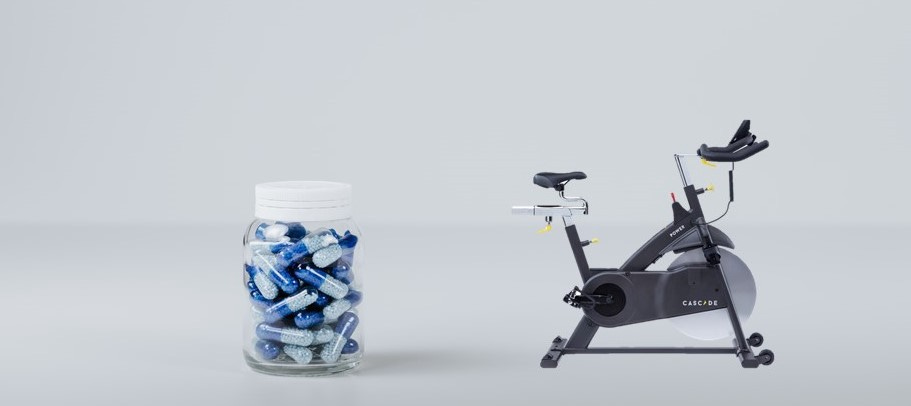Do Fitter People Live Longer? Why VO2 Max is Important for Longevity.
Many people look for strategies to age better, but your aerobic fitness may be one of the best predictors of how well and how long you might live.
Our fear of aging inevitably stems from what aging brings — disease, wrinkles, and physical and mental decline are among the maladies we experience as we get older. Nobody wants to age because nobody wants to act or feel old. It’s not the number that’s scary, but the acceptance that we may become inferior to our younger selves in brain and brawn.
Aging (…
Keep reading with a 7-day free trial
Subscribe to Physiologically Speaking to keep reading this post and get 7 days of free access to the full post archives.



